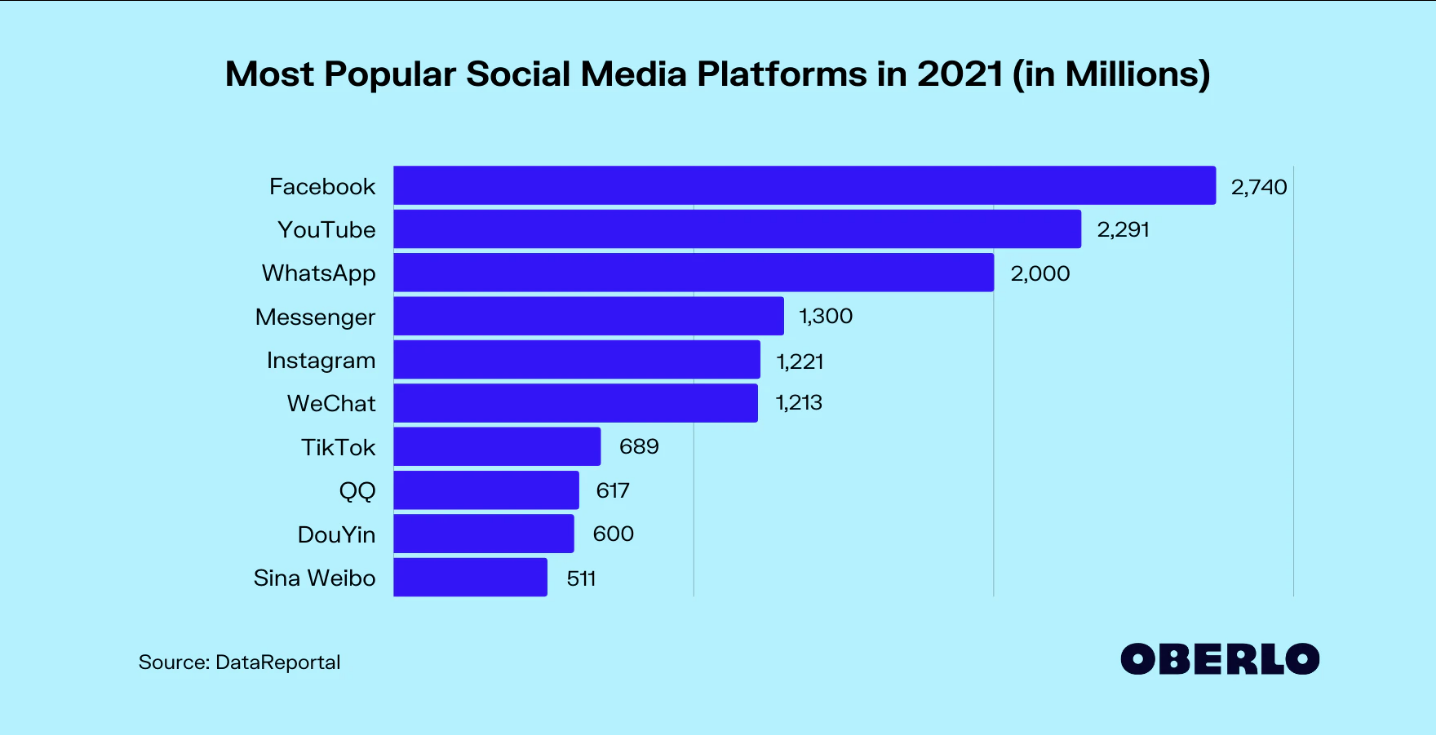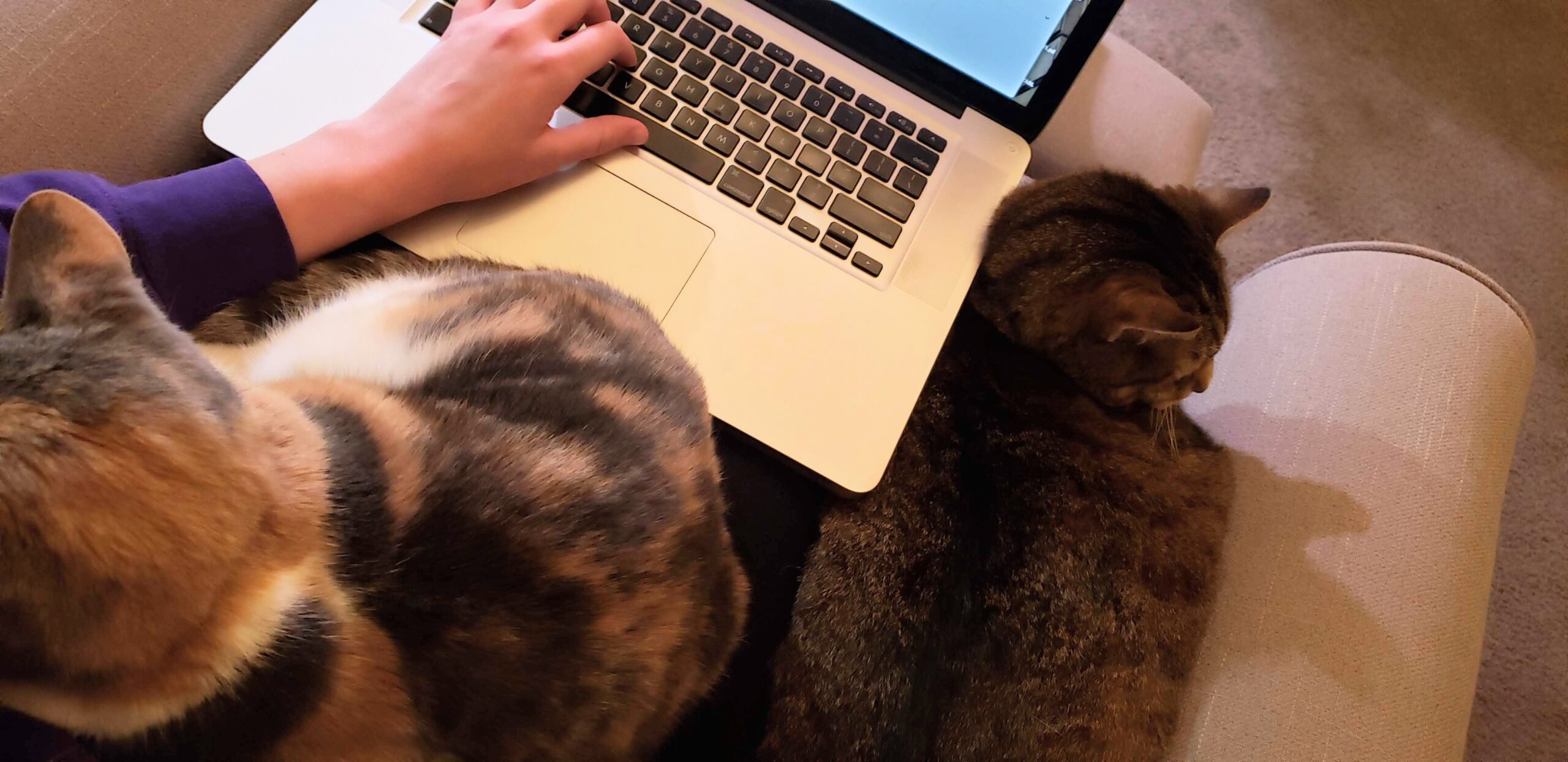To continue from last week’s Intro to Self-Care, I want to talk about isolation for this week’s theme of the week. It might not seem like the most logical progression, but I think that to actually talk about self-care, we first have to look under the hood and think about some of the underlying factors.
What is Isolation?
Isolation is the state of being alone. Humans in general do not deal well with being alone, especially involuntarily; we are social animals. This PBS article on solitary confinement illustrates some of the psychological consequences of isolation. There is clearly something about social interactions that is necessary to the health of the human psyche.
Let’s think about social interactions as a muscle. You have to exercise it in order to stay in shape. There is a minimum level of activity required to keep it from atrophying altogether. On the other hand, as any weightlifter will tell you, a key part of building muscle is rest. Constant social interaction doesn’t leave you time to rest your brain. This time alone is when your brain moves things from short to long term memory, and when you have a chance at some introspection. Whenever you’re in a social situation, you choose some public persona: your work self, your hanging out with friends self, your family self, etc. This is just a form of code switching. It’s good to spend time by yourself, learning who you are beneath your social personas.
It’s also possible to isolate a community. The Galapagos Islands are a famous example of isolated species, and how they changed from their parent species. The many and varied human cultures are partly due to community isolation. In modern society we also now have isolated online communities added to the mix. Under increasingly adverse conditions, isolated communities and individuals can feel pushed to radicalize.
Isolation vs. Loneliness
While isolation is the state of being alone, loneliness is the state of feeling alone. It’s an emotional reaction to insufficient social interaction. You can be isolated without feeling lonely, and you can feel lonely without being alone; however, I believe there is always an element of isolation in loneliness.
I personally am a raging introvert. I love my friends and family, I even enjoy interacting with strangers, but if I don’t get my time alone I start to get hilariously grumpy (my description, definitely not anyone who’s with me at the time’s description). I’m not sure I’ve ever felt lonely when I’m by myself. Instead, I feel most lonely when I’m in a social situation and I feel isolated from the group.
Loneliness requires that there are people you would like to be with, and for whatever reason can’t be with. Recent studies suggest that loneliness is a widespread and increasing problem, especially in the United States.
American Isolationism?
Americans traditionally pride themselves on rugged individualism, a belief that an individual is entirely capable of complete self-reliance. This is of course a nonsense philosophy. Especially as modern society develops, there is simply no way to completely isolate yourself from the rest of society without reverting to a primitive lifestyle. It is a very seductive idea though, that you can be clever and powerful enough to not require any assistance from other people. It’s especially seductive when you’re already alone, to fantasize about not needing anyone instead of going through the work and pain of finding people to be with.
However, humans are social creatures. Wherever we go, we build societies so we don’t have to be alone. As our societies grow, we create governments to structure them. Sometimes the governments create their own governments. We create complex systems of communication. Humans need other humans.
Having a society means that you can rely on other people to do some things for you, so you don’t have to worry about it. This ranges from trusting that Gorb will stay awake to keep the fire and you alive through the night, to trusting that engineers know what they’re doing enough to keep your house/office/roads from collapsing. The bigger and more complex a society gets, the more individuals can specialize.
Isolation and Self-Care
But we’re getting away from isolation and self-care, aren’t we? Or are we? Self-care is all about staying alive physically and mentally. Social interactions seem to be a big part of mental health. Isolation (from social interactions) is therefore also a big part of mental health, and therefore also of self-care. So where does American Isolationism come into play?
The theory of rugged individualism has become pervasive in our society. Take care of yourself, because no one else will. To quote from two paragraphs ago, having a society means that you can rely on other people, or in other words, societies run on trust. If you don’t trust anyone around you to help, are you really still part of that society? If everyone in a society is expected to be self-reliant, then is that really a society? Or is it just a loose collection of people living roughly in the same area?
Self-care exists to deal with stress. One of the main stressors is resources, which in modern times is mostly money. (Because we trust the supply chain of goods.) Our main expenses are housing (plus utilities, etc), food, transportation, children (if applicable), retirement (theoretically), education, and healthcare. American society has unfortunately decided that rampant inequality is just how life works, which has the effect of making people despondent, and erodes their trust in society. And now we’re to every man for himself. That billionaire needs to keep their money to create jobs? Looks like keeping people alive is a business now. Grandma’s too old to outrun that cave lion? Guess we’ll see you in the next life, Nana. You shouldn’t have gotten so old.
Society and Self-Care
None of this is exclusive to the United States (we’re not that special, friends), but some of it we do “better” than most. Other societies have dedicated resources to reducing some of those financial stresses for its citizens. As Americans (and welcome to the pool party, Brits, we see you dipping your toes), we just have to work a little harder at self-care.
For the sake of your brain, don’t check out of society. But also for the sake of your brain, take some time for yourself, alone, without your phone or the TV. As my good pal Hesiod once said, “Moderation is best in all things,” and that applies to isolation too.
What do you think about isolation? What are your opinions on self-care? Comment below, because I love more thoughts! Subscribe by email in the sidebar if you want to stay up-to-date on my blog, and check out some older posts if you’re new or behind.




Oooh I like this read!! But, who is Gorb, what happened to Mark?!?
Funny coincidence, Gorb is actually Mark’s great-great-great-…so many…-great grandpa!